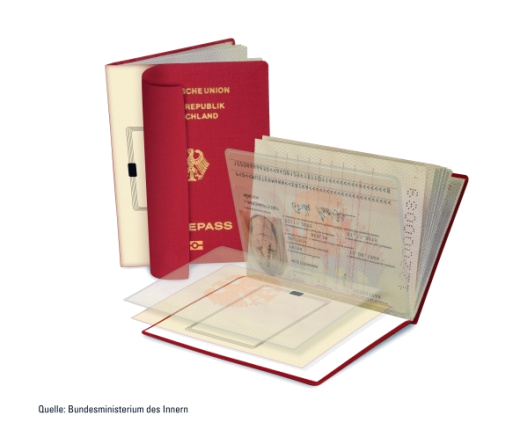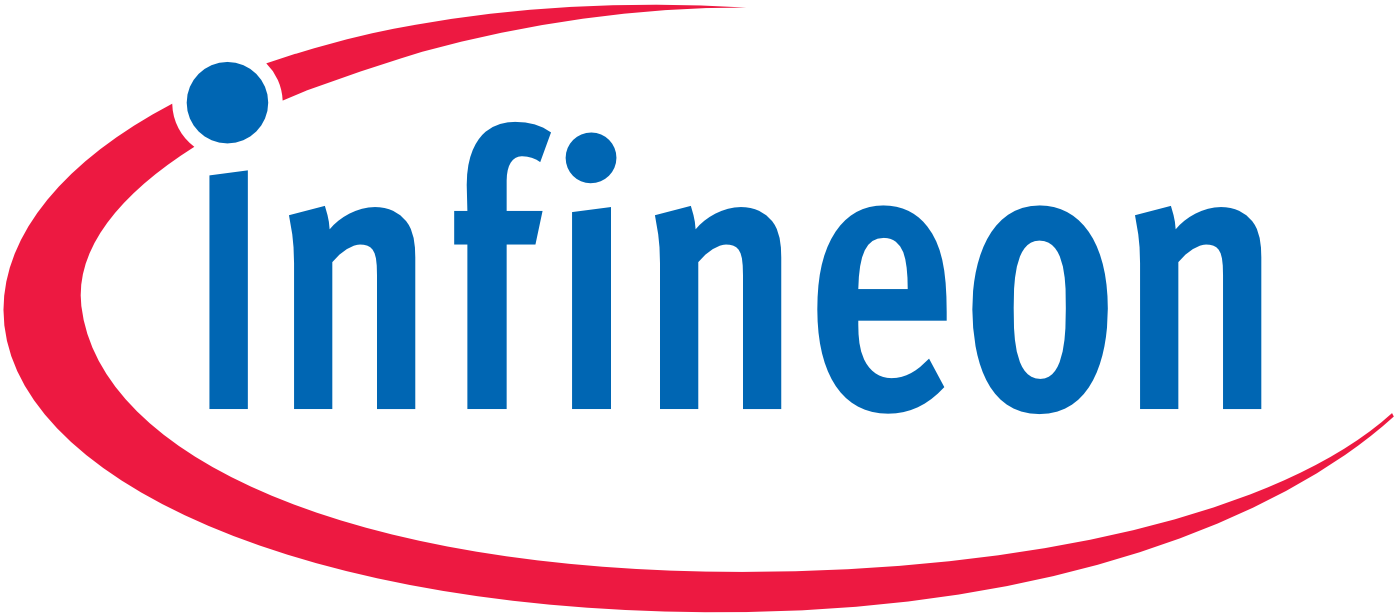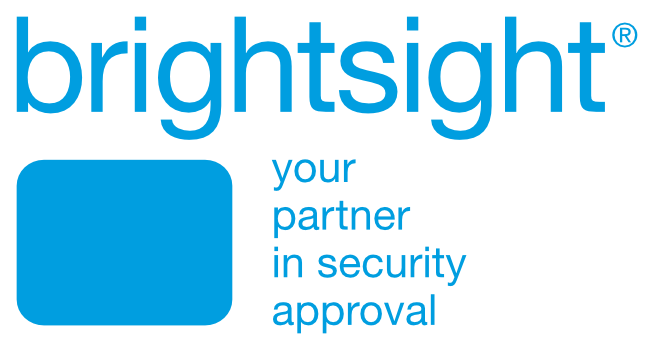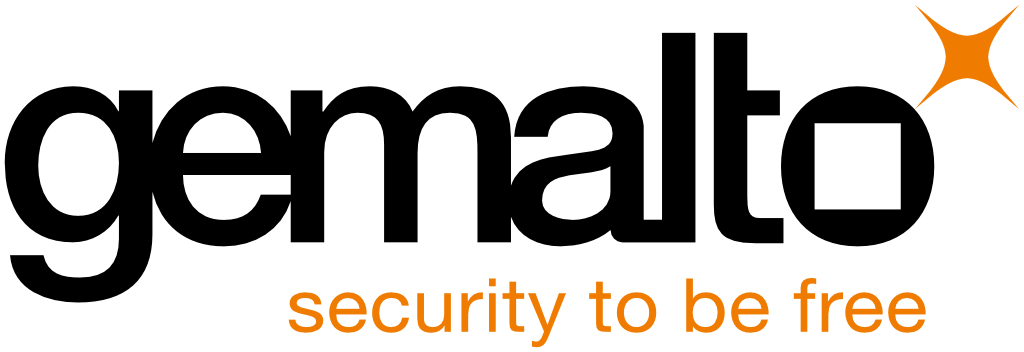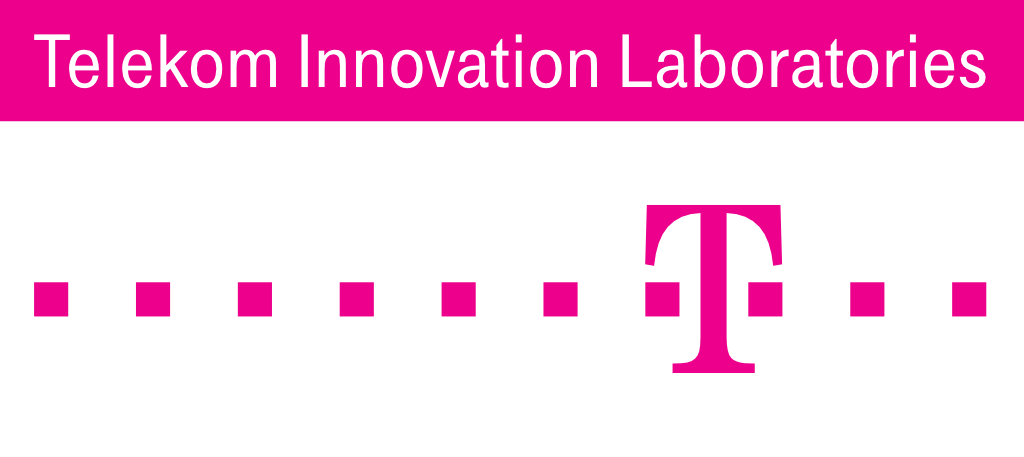Conference Schedule
Publications are available at Springer LNCS and as download, following the open access initiative.
| 11:00 | Registration |
|---|---|
| 12:30 | Lunch |
| 14:00 | Opening Remarks |
| 14:10 | Invited Talk: Selected Topics in Wireless Physical Layer Security Prof. Srdjan Capkun (ETH Zurich, System Security Group) |
| Abstract: The first part of this talk focuses on physical-layer security schemes that are used to enforce confidentiality and access control on the wireless channel. We review the main assumptions made by these schemes and discuss attacks which illustrate their limitations. The second part of the talk focuses on secure localization and proximity verification schemes. Here we review the main design challenges in this area and show some recent results related to the GPS spoofing detection using COTS receivers. | |
| 15:00 | Session: Security technologies - Session Chair: Benedikt Gierlichs |
|
Evaluation of ASIC Implementation of Physical Random Number Generators using RS Latches Hirotaka Kokubo, Dai Yamamoto, Masahiko Takenaka, Kouichi Itoh and Naoya Torii |
|
|
From New Technologies to New Solutions (Exploiting FRAM Memories to Enhance Physical Security) Stéphanie Kerckhof, Francois-Xavier Standaert and Eric Peeters |
|
| 16:00 | Coffee |
| 16:30 | Session: Attacks on masking - Session Chair: Michael Hutter |
|
Low Entropy Masking Schemes, Revisited (renamed from Leakage Squeezing, Revisited) Vincent Grosso, Francois-Xavier Standaert and Emmanuel Prouff |
|
|
On the Vulnerability of Low Entropy Masking Schemes Xin Ye and Thomas Eisenbarth |
|
|
A Machine Learning Approach Against a Masked AES Liran Lerman, Stephane Fernandes Medeiros, Gianluca Bontempi and Olivier Markowitch |
|
| 18:00 | End of program (Wednesday) |
| 19:30 | Welcome Reception & Dinner |
| 09:30 | Invited Talk: Security in Industry - When is Good Good Enough? Mathias Wagner (Fellow, Security, und Chief Security Technologist bei NXP Semiconductors Germany GmbH) |
|---|---|
| Abstract: As security specialists, we all know that security is never perfect. It is a compromise of many conflicting requirements and every system can be broken - it is a question of time, money, and expertise, but equally well a question of what incentives are there to attack a system. In this presentation I want to high-light how the industry - and here in particular the smart card industry - assesses the security levels of products, what challenges we face and what kind of solutions we need to seek, as systems are becoming more and more complex in an ever increasingly connected world. | |
| 10:30 | Coffee |
| 11:00 | Session: Side channel attacks - Session Chair: Francois-Xavier Standaert |
|
Clustering Algorithms for Non-Profiled Single-Execution Attacks on Exponentiations Johann Heyszl, Andreas Ibing, Stefan Mangard, Fabrizio De Santis and Georg Sigl |
|
|
Optimization of Power Analysis Using Neural Network Zdenek Martinasek, Jan Hajny and Lukas Malina |
|
|
Time-Frequency Analysis for Second-Order Attacks Pierre Belgarric, Nicolas Bruneau, Jean-Luc Danger, Nicolas Debande, Sylvain Guilley, Annelie Heuser, Zakaria Najm, Olivier Rioul and Shivam Bhasin |
|
| 12:30 | Lunch |
| 14:30 | Session: Software and protocol analysis - Session Chair: Lex Schoonen |
|
- Behrang Fouladi, Konstantinos Markantonakis and Keith Mayes |
- |
|
Manipulating the Frame Information with an Underflow Attack Emilie Faugeron |
|
|
Formal Security Analysis and Improvement of a Hash-based NFC M-coupon Protocol Ali Alshehri and Steve Schneider |
|
| 15:30 | Coffee |
| 16:00 | Session: Side channel countermeasures - Session Chair: Svetla Nikova |
|
Revisiting Atomic Patterns for Scalar Multiplications on Elliptic Curves Franck Rondepierre |
|
|
Efficient and First-Order DPA Resistant Implementations of KECCAK Begül Bilgin, Svetla Nikova, Vincent Rijmen, Ventzislav Nikov, Joan Daemen and Gilles Van Assche |
|
|
Practical Analysis of RSA Countermeasures Against Side-Channel Electromagnetic Attacks Guilherme Perin, Laurent Imbert, Lionel Torres and Philippe Maurine |
|
| 17:30 | End of program (Thursday) |
| 18:00 | Social Event Guided tour through Berlin and gala dinner |
| 09:30 | Invited Talk: Adequate Security Olivier Thomas (Texplained SARL) |
|---|---|
| Abstract: Over the past decade (hardware) piracy has evolved significantly. The techniques used by pirates are largely determined by the accessibility of failure analysis equipment. As a result, hardware attacks have become more and more invasive. Techniques such as electrical glitching, which had been successful in the past, have been replaced by semi-invasive laser glitching. However, fully-invasive techniques such as linear code extraction remain foolproof to this day. The threat posed by piracy continues to expand and now includes IP violation, counterfeits and even hardware backdoors. For this reason the security of modern devices needs to be reassessed in light of these emerging threats. | |
| 10:30 | Coffee |
| 11:00 | Session: Side channel and fault attacks - Session Chair: Berndt Gammel |
|
The Temperature Side Channel and Heating Fault Attacks Michael Hutter and Jörn-Marc Schmidt |
|
|
Glitch it if You Can: Novel Parameter Search Strategies for Successful Fault Injection Rafael Boix Carpi, Stjepan Picek, Lejla Batina, Federico Menarini, Domagoj Jakobovic and Marin Golub |
|
|
Efficient Template Attacks Omar Choudary and Markus Kuhn |
|
| 12:30 | Closing Remarks |
| 13:00 | Lunch |
| 14:30 | Photo Emission Lab tour |
| A tour to see the equipment used in the "Simple Photonic Emission Analysis of AES" publication (published in Journal of Cryptographic Engineering manuscript). | |
| 16:30 | End Of CARDIS 2013 |
